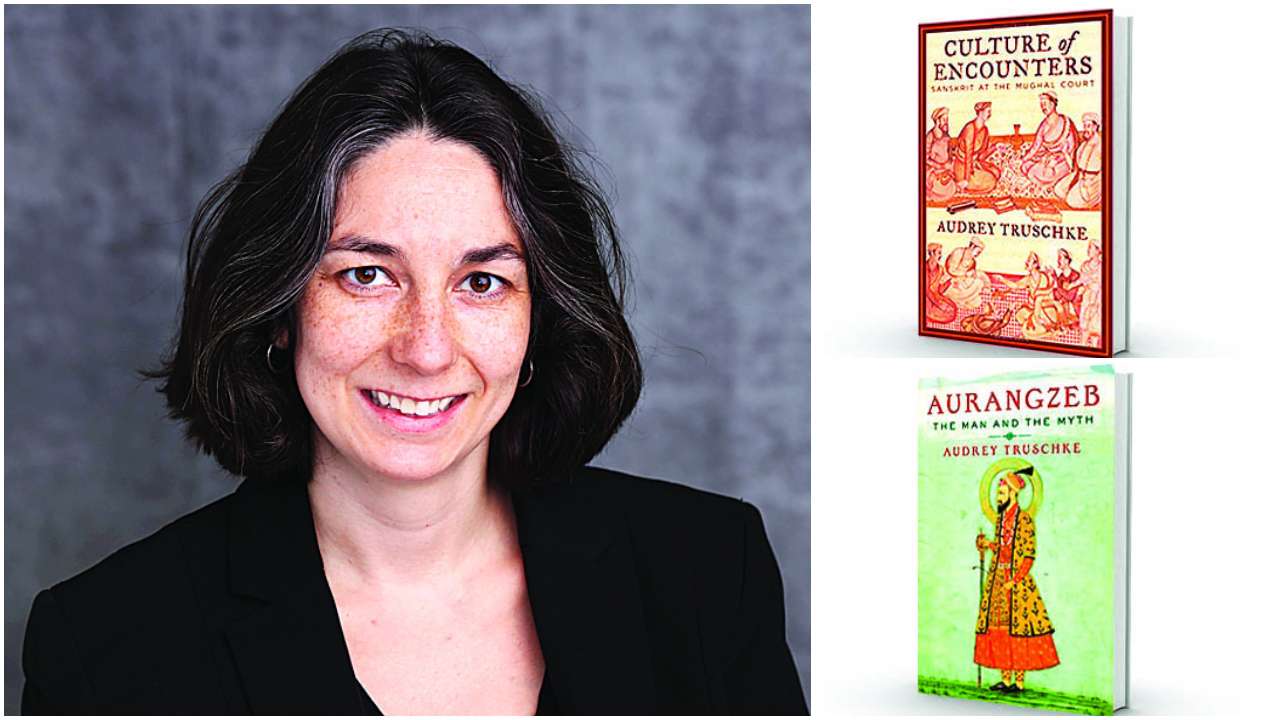
I'm fascinated by questions about how people communicate across boundaries, including between different languages, cultures, religions, and so forth. I also think that looking at cross-cultural interactions helps us to recover key dynamics within early modern India, a land of diversity, frontiers, and multiple religious traditions.
Why choose? I'm a historian of early modern India, with an emphasis on the Mughal era, who works with both Persian and Sanskrit sources. My next book project begins in the 1190s, however, so perhaps I will not be perceived as so tightly-linked with the Mughals for much longer.
Trolls bring up my race and sex, whereas legitimate criticism focuses on my arguments. In one sense, attacking a scholar on the basis of her identity is an admission of the strength of her analysis. But having a weak intellectual basis for objection does not lessen the wider social harm of misogyny and bigotry.
I think it has little or nothing to do with history and everything to do with hating on minorities, especially Indian Muslims, in the present day.
Typically, historians are not so good with predicting the future. I can say this, however, the deep legacy of debate in the Indian past has come under fire before. It has always survived, but in a changed form, and that is what I expect to see in India's future.
In thinking about whether to take somebody's ideas seriously, I am less interested in what they are called and more interested in how that person thinks. If someone prioritises political views – left or right – above academic analysis, then they are not an intellectual with whom I can engage on scholarly terms.
There is a middle-ground in India still that is listening, and I pushback in order to give them some tools with which to think for themselves and come to their own conclusions. India's educational system is increasingly failing to teach anything remotely resembling history. I cannot counter the saffron wave alone, but if enough of us shout into the winds of ignorance, perhaps enough people will hear. If not, well, sometimes lost causes are the ones most worth fighting.
I am currently researching and writing a third book on Sanskrit histories of Muslim-led incursions and rule in India, from the late 12th-century until the early 18th-century. The book draws upon historical sources in Sanskrit – a tradition long unfairly maligned as lacking awareness of real-world political events. The book investigates what India's traditional-learned elite thought of the coming of Muslim rulers to the subcontinent, arguably the largest political and social shift in the second millennium in South Asia.